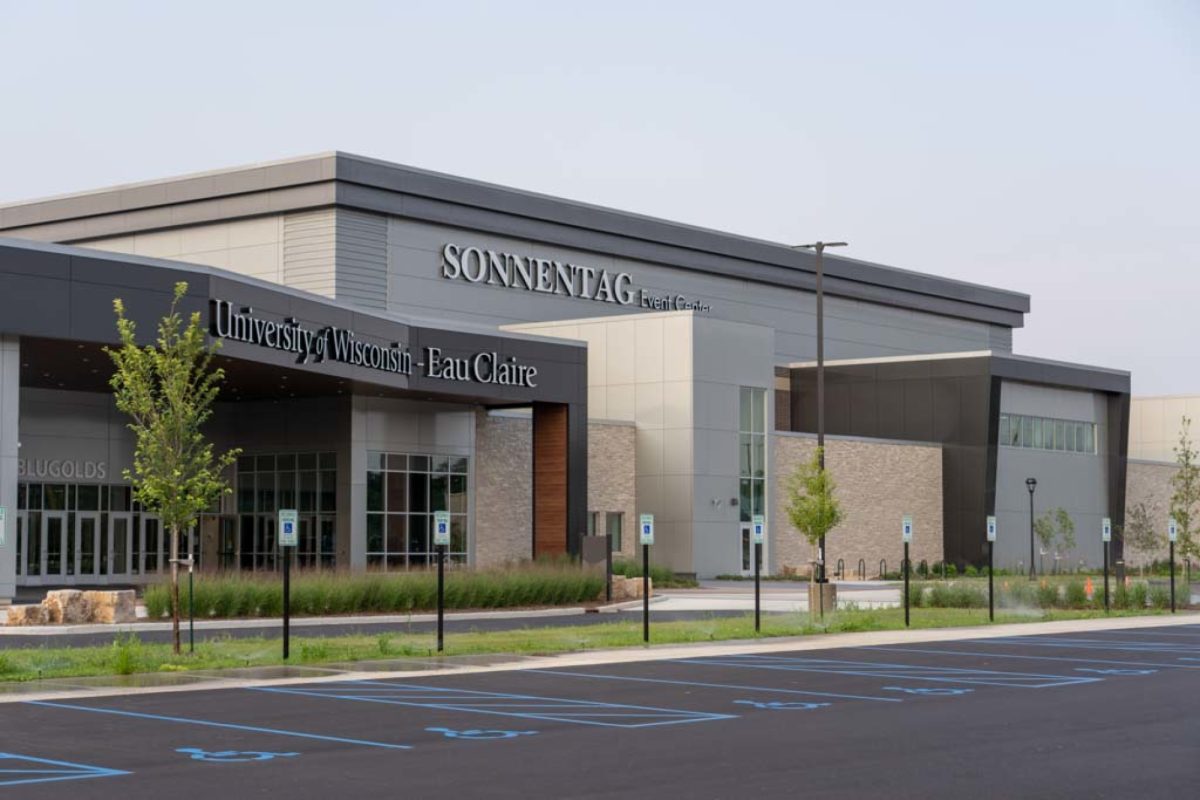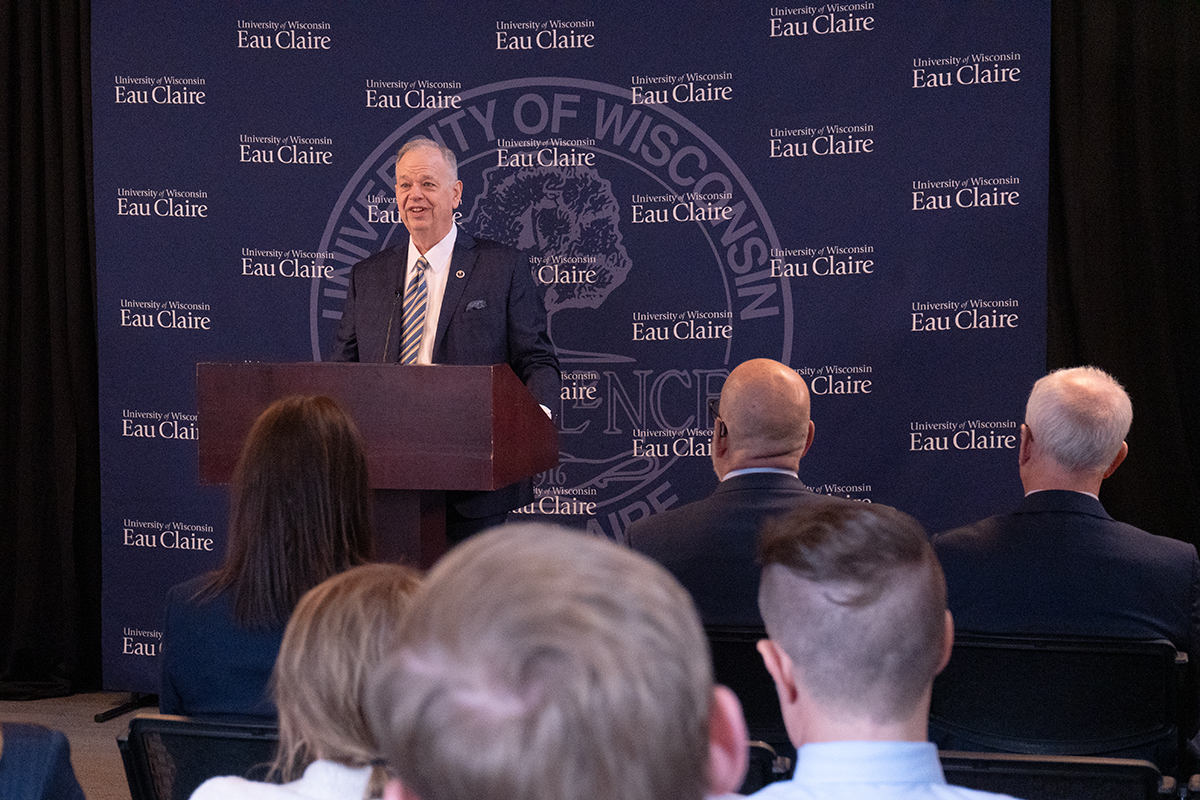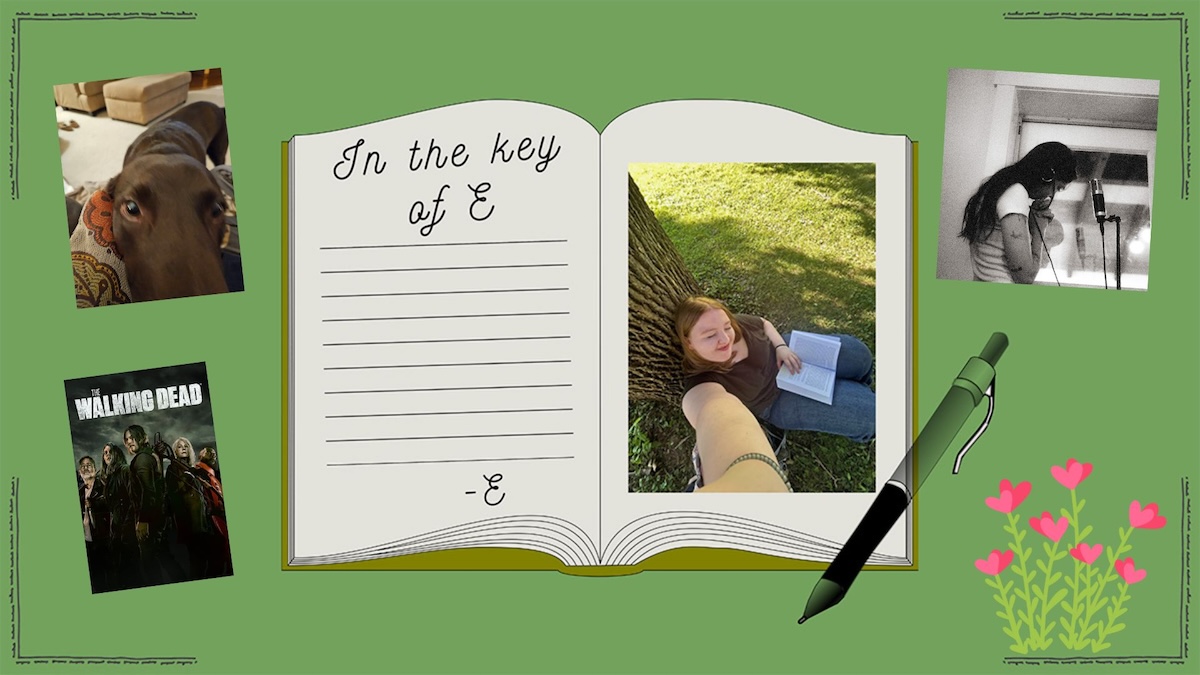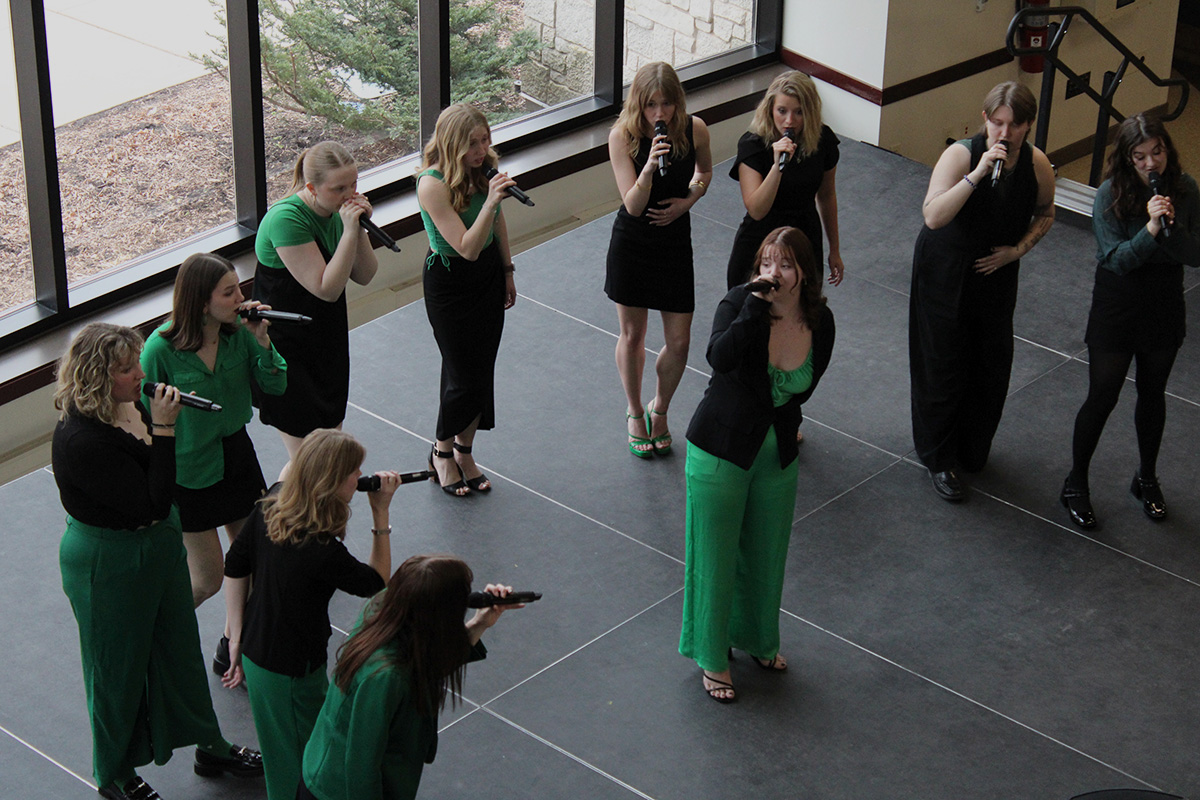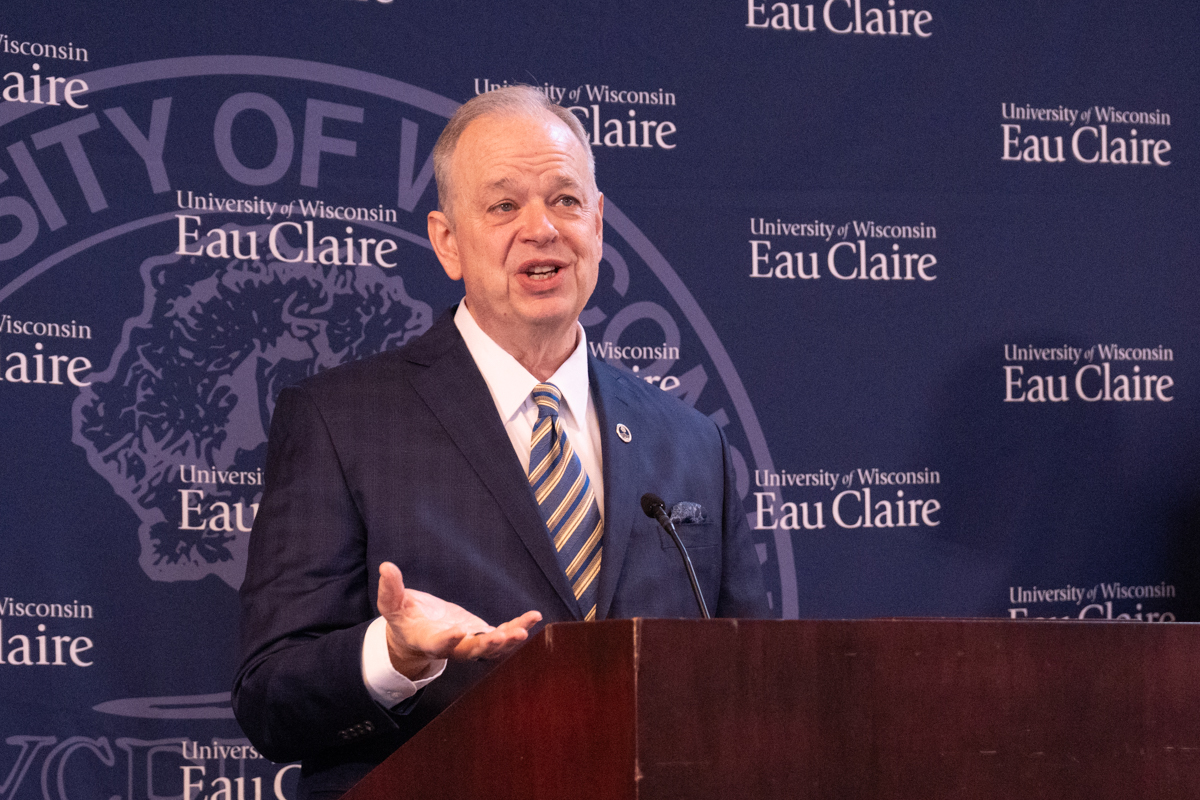Over spring break, 45 students went on an interfaith immersion trip to Philadelphia. The students got the chance to visit the worship places of Sikhs, Hindus, Buddhists, Quakers, Muslims and other religious groups.
Professor of religious studies Steve Spina created the trip. He wanted to spread the idea that people from all religions, be they Muslim, Christian, atheist or agnostic, can and should work together to create good rather than let themselves be divided, Spina said.
“There are so many things happening in the name of religion that are not helpful, that are divisive,” he said. “Since 9/11 we are now learning that religion plays an exponential role in culture and in politics, both domestically and internationally.”
A challenge for change
Race was the issue that divided America in the 20th century, as seen in the Civil Rights Movement. W.E.B. DuBois called this the color line. Spina said he believes that the issue Americans face in the 21st century is that of the faith line.
“Right now, the question is ‘Which line will we be on?’” he said.
This is where the idea of interfaith cooperation comes in, Spina said.
This idea, along with a nation-wide challenge from President Barack Obama, inspired Spina to develop the interfaith immersion trip.
The President’s Interfaith and Community Service Campus Challenge calls for college campuses to promote the idea of interfaith cooperation, and create programs where people from all religions can come together and work to improve their community.
The president’s challenge says that because students have been at the forefront of big movements such as the Civil Rights Movement, they can help to end conflict between the
world’s religions.
Spina said he was up to the challenge.
“We want to help build this social movement of interfaith leaders and have it become a social norm,” he said.
Spina said part of that entails breaking down stereotypes that they already have about other religions.
“What we’re hoping to do is teach people to build interfaith as a value, as a norm, and that it’s OK to have ‘advocate for interfaith cooperation’ be your identity,” he said.
First-hand experience
David Burish got involved in the project as a student coordinator last September. Burish, a senior journalism major and religions studies minor, said he was moved by the trip.
“I can do all the research I want and write ten-page papers on all this stuff,” he said. “But actually being able to experience it and see people live it out as part of their lives was extremely moving in the fact that they’re all searching for the same thing.”
Burish said one of his favorite experiences on the trip was visiting a Sikh place of worship, called a Gurdwara.
The Gurdwara they visited had a 24-hour soup kitchen where anybody could come in and get free food, Burish said.
“They do this for anyone,” Burish said, “and just that idea of equality for everyone, regardless of where they come from was just really awesome to see.”
Spina said part of the reason why he thought Philadelphia would be a great place for a trip like this was not only because there were so many religions there, but because of the good things they do for their community.
“They get to see how different religions work together to address issues of homelessness, education, poverty,” he said.
Breaking barriers
The students also visited an inner city neighborhood made up of refugees from Bhutan and Burma to help them prepare gardens for spring.
While working in the garden, the group made a line to move things from one side of the street to the other. None of the refugees spoke English at all, Burish said, but they still managed to laugh, have fun and communicate.
“We had that camaraderie without them knowing any English and without us knowing any of their language as well,” Burish said. “There was that understanding that we were all doing something together and it’s going to be good for everyone that’s a part of it. We didn’t need words or anything. There was just the common experience that we were sharing.”
That is something that Eau Claire can learn from, Burish said.
“Most of us here can speak the same language,” he said, “and even if we can’t we can still get things done here in Eau Claire.”
Bringing it home
Funded by the Blugold Commitment for three years, this is the first year the trip has been offered. Along with an optional course, students also gain service learning hours by going on the trip.
Part of the students’ service learning requirement is to develop a social change project for the Eau Claire community.
Each student has to come up with a proposal to be implemented next fall. Awareness roundtables about religion and how it affects Eau Claire and a 5k run are ideas that have been proposed so far, Spina said.
Yifeng Wu, known as Vince by his friends at Eau Claire, is an international student from China. For his social change project, Wu, along with a few other students, is creating a movie about the group’s experiences. They plan to have it done by the end of this month or early May.
Wu, a freshman physics major, said he didn’t know much about other religions before coming to America.
“I read the newspaper, I knew about religious conflicts around the world,” he said, “but I didn’t really get it because there’s no such thing in China because most of the people in China is atheist.”
Wu said that getting the chance to speak with people from different backgrounds was inspiring.
“They all have a different view of life, but if you think about it, none of them are wrong,” Wu said. “You can learn from all of them. So it makes you reconsider your world view or values.”
Wu said one of his favorite parts of the immersion trip was going to a Buddhist temple.
“They taught us meditation, which is something I try to do every day now,” he said.
Making change together
Along with the students’ own projects, a new student organization, Better Together Eau Claire, has also developed.
Burish and fellow coordinators Marsha Hermanson, MJ Shaw and T. Ben Fischer have taken up the lead with the organization and 30 people attended the first meeting two weeks ago.
Burish said that the main goal of BTEC is to continue the social change and interfaith projects the students are starting.
“The thing with Eau Claire is there’s not a lot of emphasis on religion and the university doesn’t really address it as a diverse kind of thing,” he said. “We talk a lot about gender equality, sexual orientation, race. But religion is kind of left out.”
Burish said he think this is probably because the separation of church and state makes it difficult for a public university to focus a lot on religion.
But it’s still an important conversation that needs to be had, Burish said.
“We all come from positions where we have values and beliefs,” he said, “and rather than separating us based on that, we should really work together to make the world a better place through cooperation rather than conflict.”


